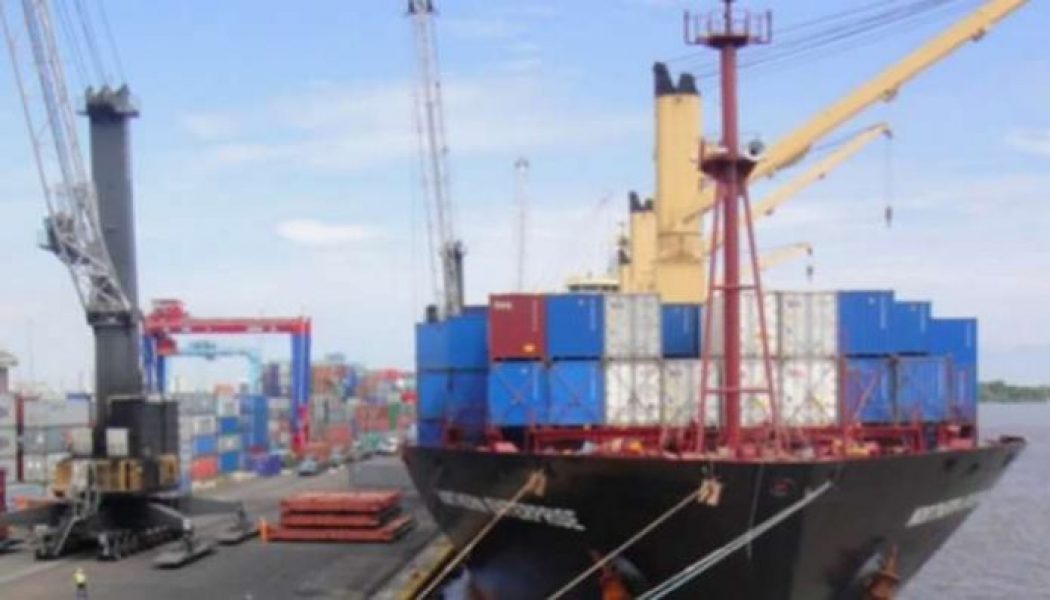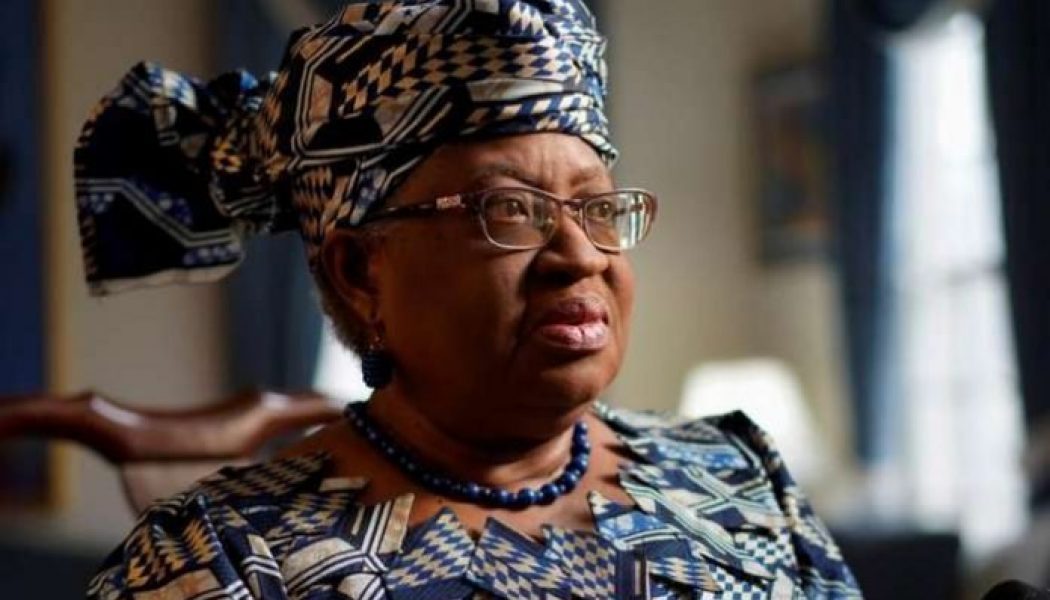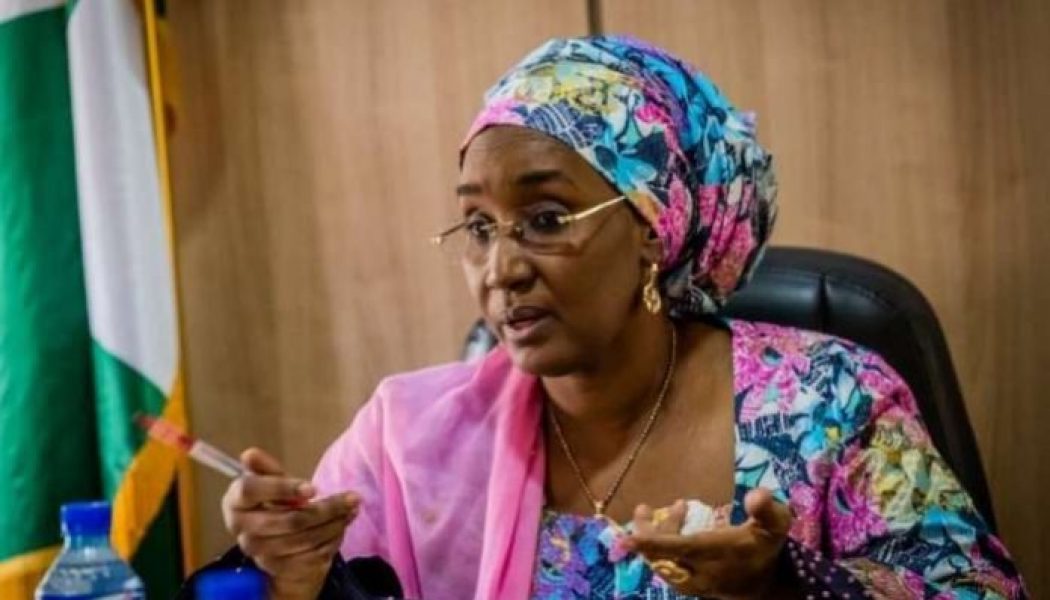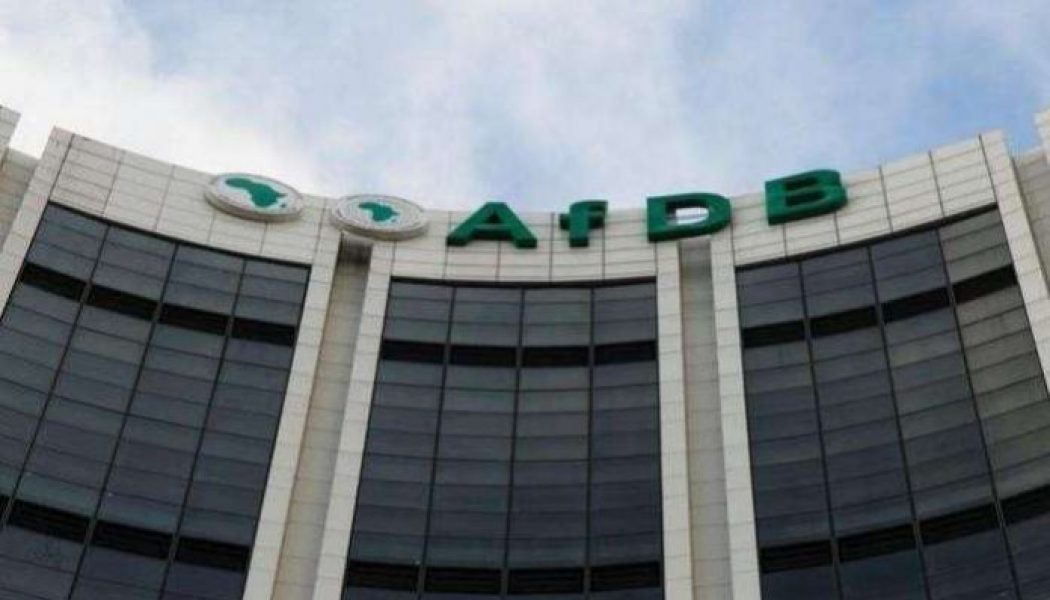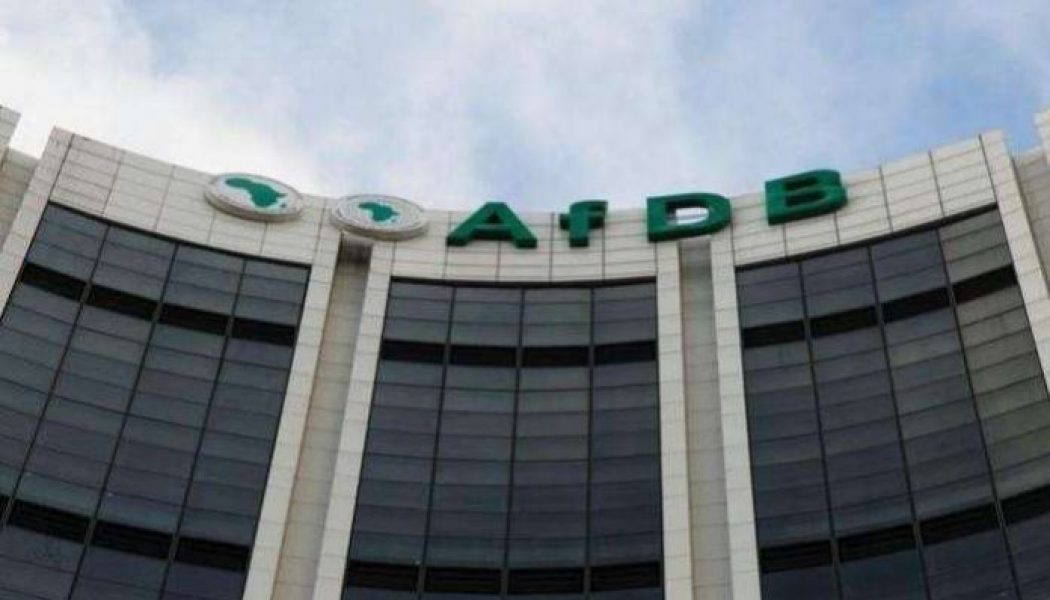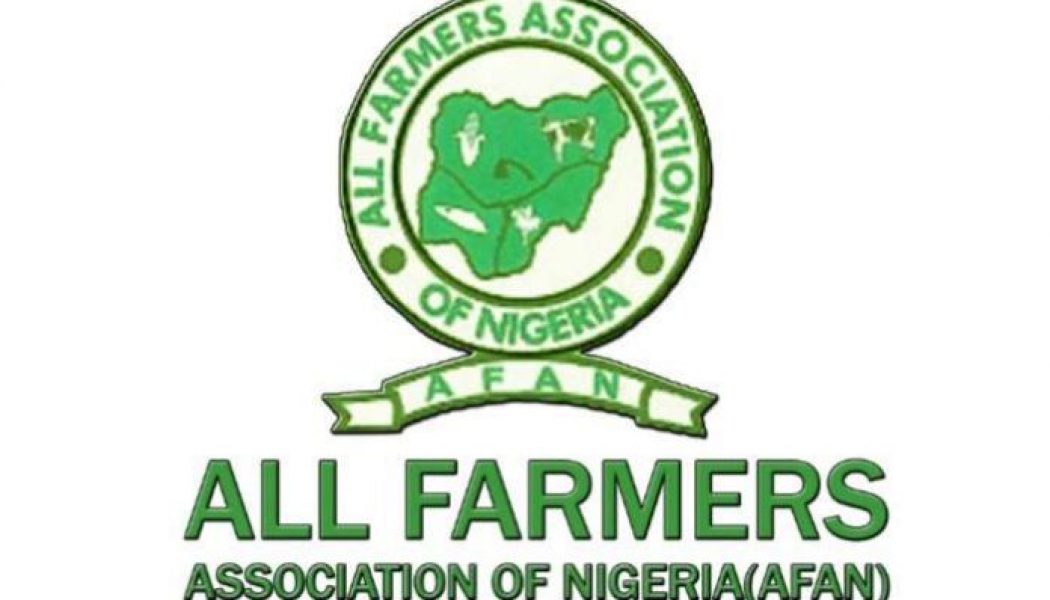Businesses
Reports: Governments ‘gender blind’ to coronavirus’ ‘greater impact’ on women
Governments are putting women and girls at greater risk of the health and socio-economic impacts posed by the coronavirus pandemic, two global studies released Wednesday show. They called on leaders to prioritise gender equity in their response to the health crisis. Two studies, one from a global research partnership led by the Global Health 50/50 Project in London and another by the Center for Global Development (CGD) in Washington, were released Wednesday to coincide with World Health Day that highlight major failings by national governments to consider sex or gender in their COVID-19 policies. Since the start of the pandemic in March 2020, several studies have pointed to the disproportionate impact of the pandemic on women. Many women have shouldered a heftier burden taking on more unpa...
NECA decries increase in Nigeria’s unemployment rate
Dr Timothy Olawale, Director-General, Nigeria Employers Consultative Association (NECA) has expressed concern of the association, at the growing unemployment rate, as released by the National Bureau of Statistics (NBS). Olawale told newsmen on Wednesday, in Lagos, that the recently released data by the NBS was worrisome. NAN also reports that a recently released Labour force report, published by the NBS shows that Nigeria’s unemployment rate as of the end of 2020, rose to 33.3 per cent from 27.1 per cent recorded as of Q2 2020. The report indicated that about 23,187,389 (23.2 million) Nigerians remained unemployed. “While the figure shows that the unemployment crisis is worsening at an alarming rate, it is also instructive to note that the socio-economic factors that increased the figure t...
Food blockade: AFAN blames institutional failure, inequity
The All Farmers Association of Nigeria, AFAN, Friday, blamed institutional failure for the blockade of foodstuff supply and transportation to Southern Nigeria as the Amalgamated Union of Foodstuff and Cattle Dealers of Nigeria, AUFCDN, embarked on the protest over factors militating against their business. Speaking with newsmen, National President, AFAN, Arc Ibrahim Kabir, said the whole issue boils down to poor discharge of constitutional duties by relevant government organisations that would have mitigated the plight of members of AUFCDN earlier, and such blockade of food supply would not have happened. Kabir said: “The situation arose principally due to institutional failure and inequity. The institutions saddled with maintaining national security must work properly so also those charge...






